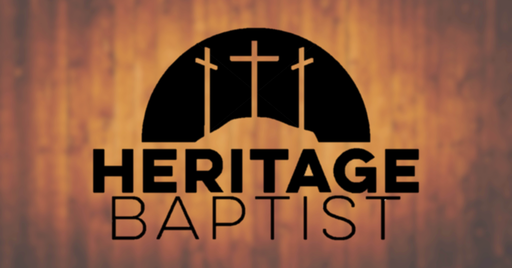Moving Mountains

September 10, 2017
What are the mountains in your life?
We all have a plan for how we will conquer these mountains.
Posture One: Fear
11 But Moses said to God, “Who am I that I should go to Pharaoh and bring the children of Israel out of Egypt?”
God informs Moses that he will represent Israel’s cause before Pharaoh. Moses’ objections are twofold (v. 11): Who am I that I should go to Pharaoh? Who am I that I should bring the Israelites out of Egypt? Knowing that the previous king had sought his life makes Moses fearful about returning to the Egyptian court. But his upbringing and court training make him the ideal candidate for this assignment.
12 He said, “But I will be with you
Posture Two: Pride
Begin with silence and prayer (5 minutes)
Debrief last week’s practice in small groups (10–15 minutes)
Open to the Bible together (10 minutes)
Talk about the coming week’s practice as a community (10–30 minutes)
Discussion questions for the coming week:
Posture Three: Prayer
Jesus’ anxiety drives him to prayer.
The prospect of the cup (cf. 20:22–23) and abandonment by the Father (27:46) explains Jesus’ agony. Far from meekly resigning himself to the inevitable, God the Son pleads with God the Father to alter his plan. Yet the Son does not pit his will against the Father’s. By an act of his will he submits to the Father. The submitting (v. 39b) does not substitute for, but results from, the striving (v. 39a).
